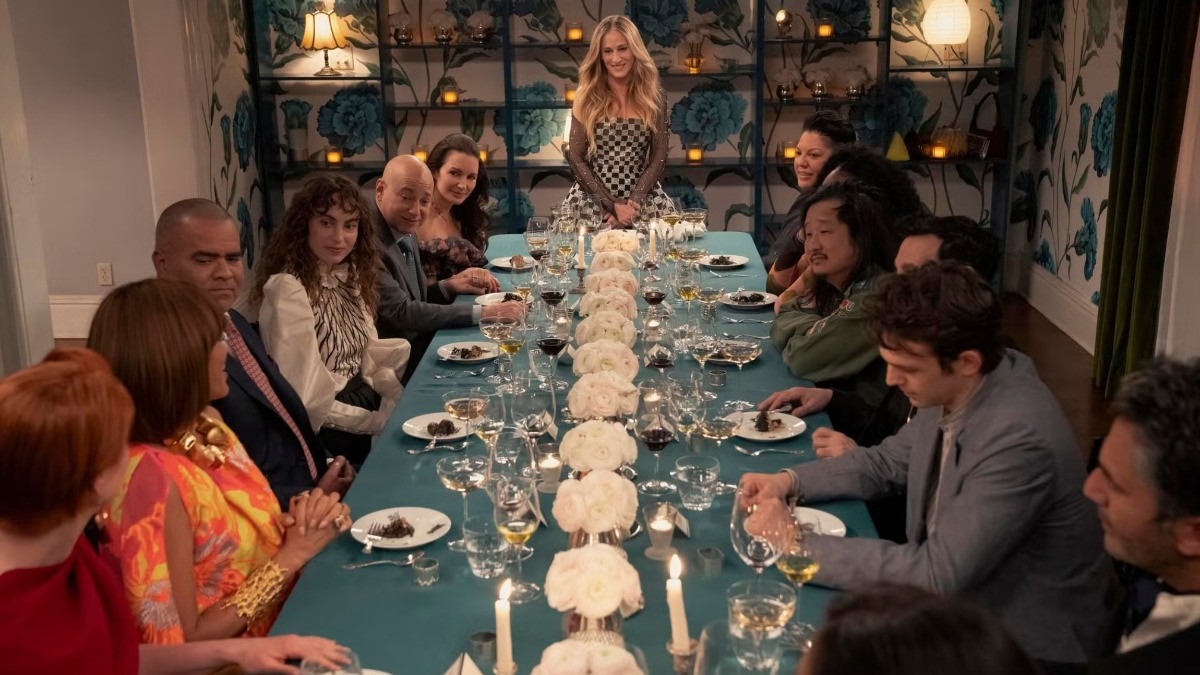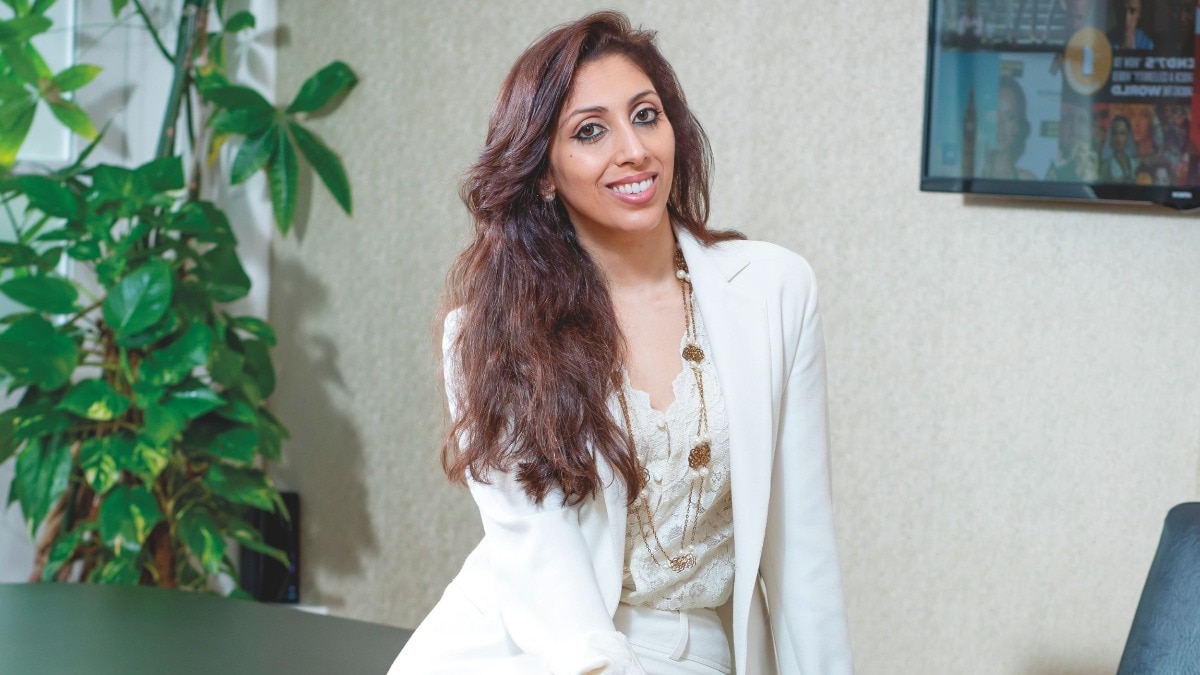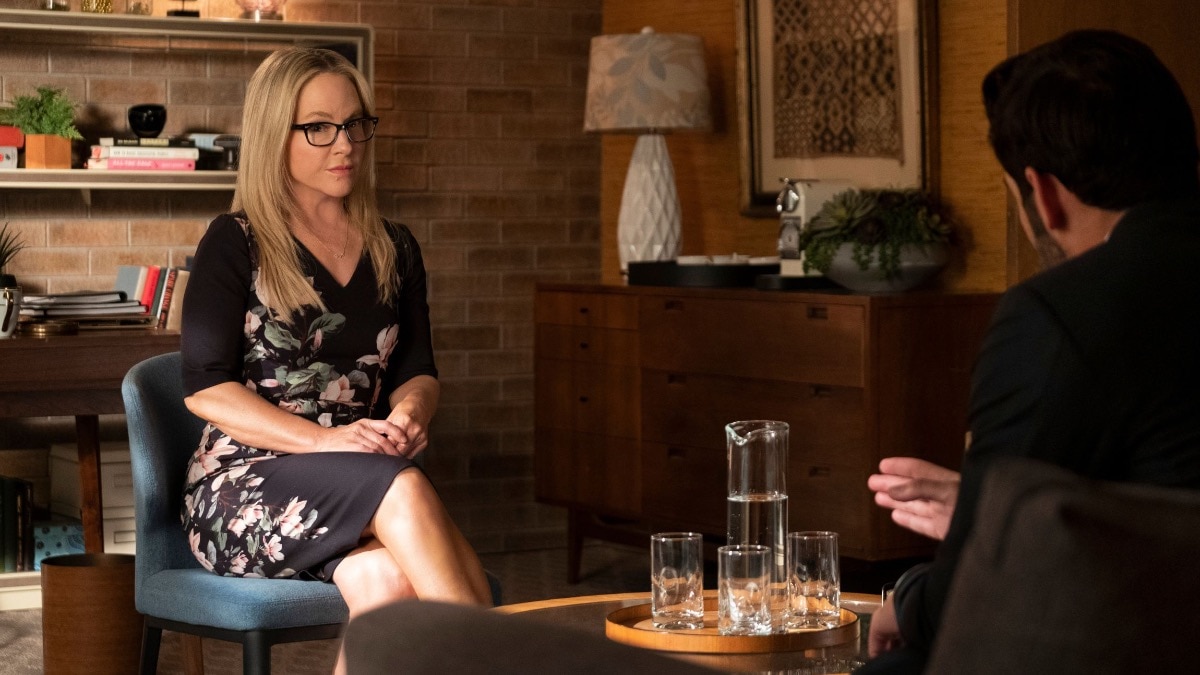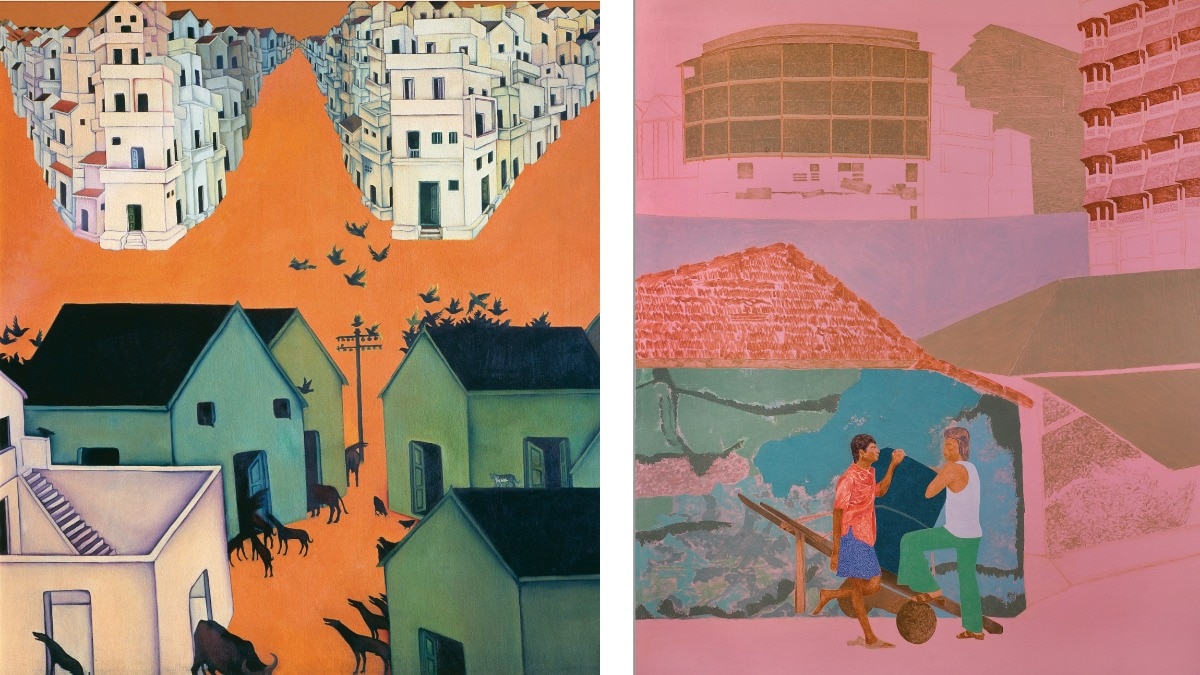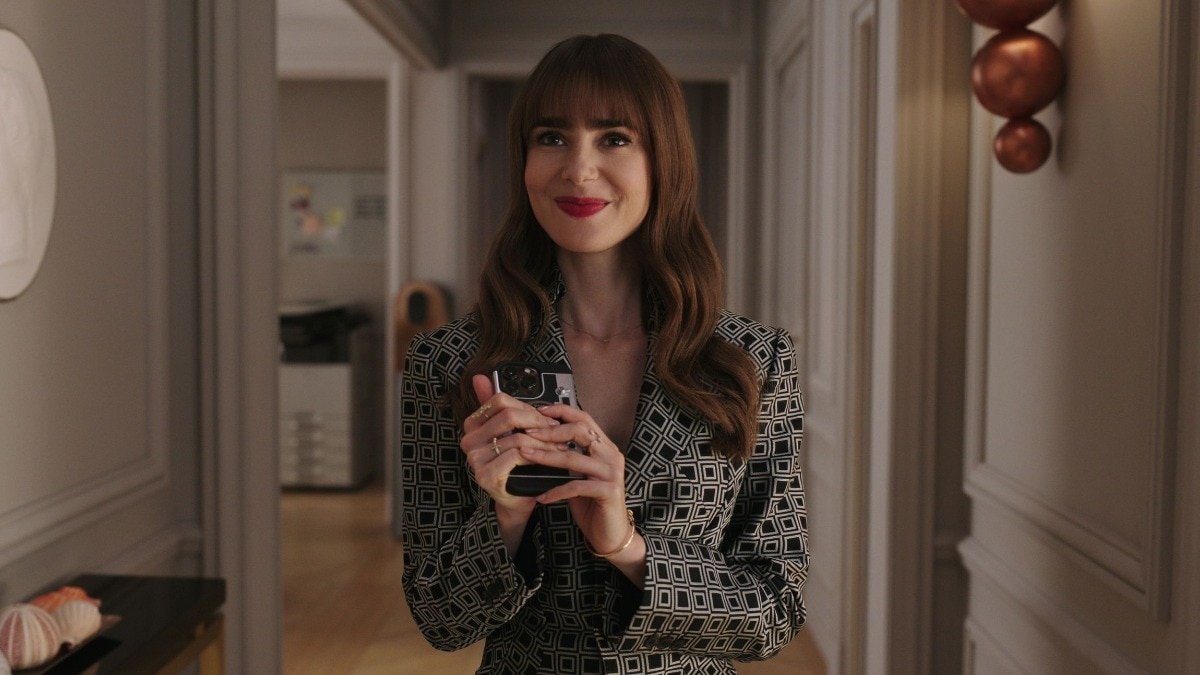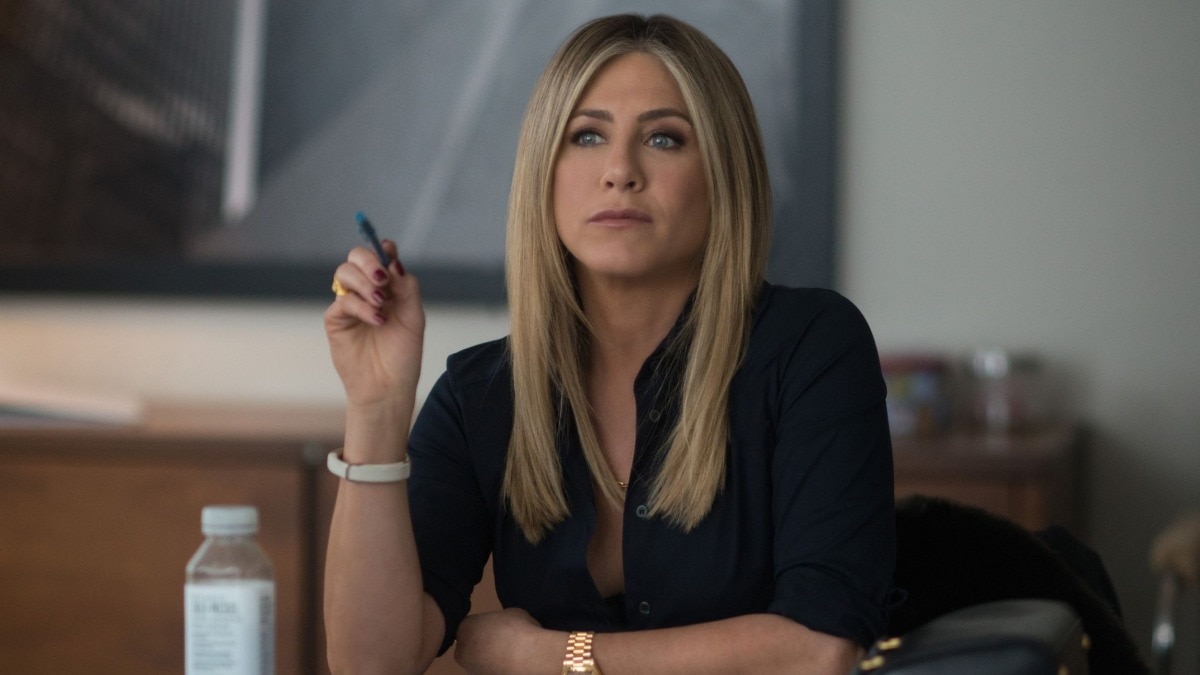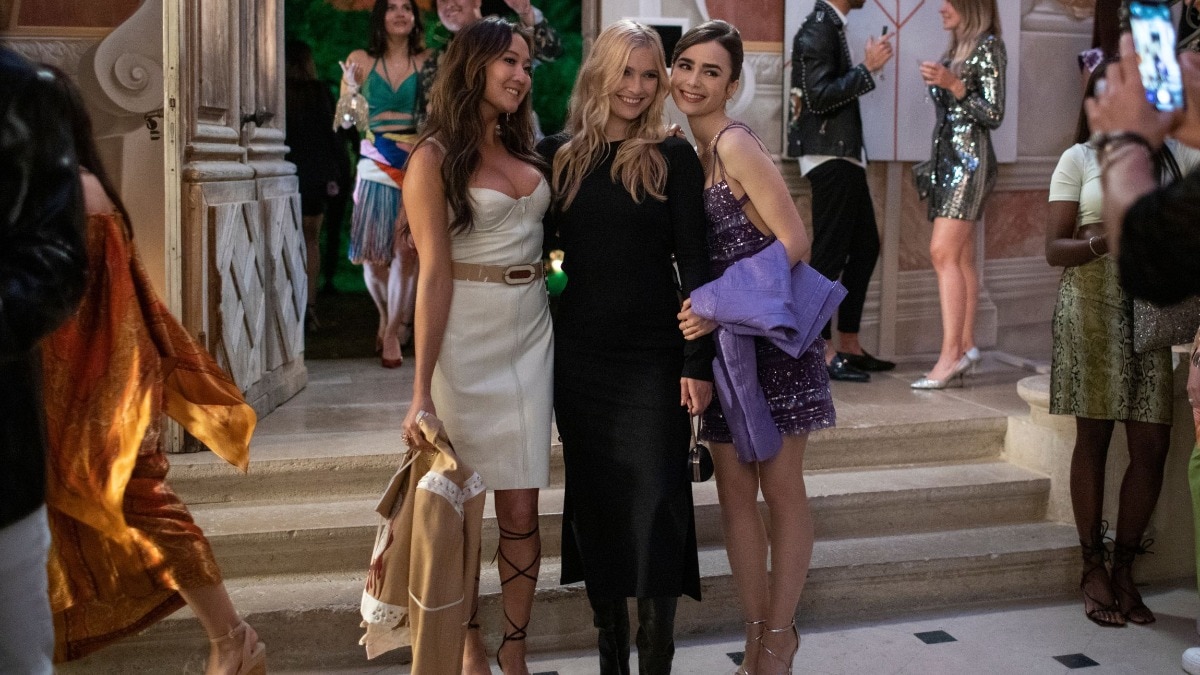Why is cinema obsessed with reboots, remakes, and sequels?
We wonder if everyone loves a comeback or if we've hit a creative block.


The thing about wine is that it gets better with time. And one tends to enjoy it even if it’s served in a new, maybe different bottle. The same holds true in cinema where a film is remade several years later, or in a new language. Be it Devdas, the 1917 novel by Sarat Chandra Chattopadhyay that’s seen the tragic tale adapted across four different versions (1936, 1955, 2002, and 2009); the cult-classic Sholay that’s loosely inspired by Seven Samurai, Don, and Agneepath—that had Shah Rukh Khan and Hrithik Roshan essay characters immortalised by Amitabh Bachchan; or Drishyam—that’s had further versions not just in a host of Indian languages but global as well. This tried and tested formula of remakes sure is a winning one.
And this is a trend that’s not ending anytime soon. Fans of the much-loved film The Devil Wears Prada will get to experience Meryl Streep, Anne Hathaway, and Emily Blunt reprise their roles as Miranda Priestly, Andrea Sachs, and Emily Charlton once again with Disney planning to roll out a sequel.
Does this mean we’re witnessing a lack of creativity in cinema? Are writers undergoing a creator’s block? We decode the reasons why there’s never saying goodbye to remakes and reboots.
Reluctance amongst audiences for new content
Despite there being so much content, audiences are wary of trying something new. This feeling of familiarity is a major reason why we end up watching the same show again and again. Plus, the element of time also needs to be factored, says Gurmmeet Singh, the director of the popular gangster web series Mirzapur. “Back in the day, films used to get the time to be loved by audiences. A lot of the films we liked didn’t do well when they came out. None of them started big. People took their time. These days audiences have to like it instantly. They will reject it if they don’t like it. It’s become tough for makers to always give something that people will watch. There’s a lot of pressure to make things that audience have a connection with.”
Old story, new perspectives
When it comes to remakes, lightning strikes twice, sometimes even more. Producers and creators know that these films have worked, so they are likely to work again. With newer stories always being risky, studios are always game to bring an old story back. Prosit Roy, the director of the web series Paatal Lok, says, “It’s easier for studios since they have things in place. Batman is a character that audiences will always love. The Batman seen in films directed by Christopher Nolan is very different from another Batman movie made by any director. Seeing it from a different perspective is always fun. The audience is curious to see how things can be different. With this tried and tested material always working, makers and studios will always keep churning out content from the source material.”
While there might be a huge gap, running into decades, between the original film and its remake, the onus, according to Roy and Singh, lies on the director to come in with their own perspective. The former says, “When you’re adapting a film into another language, you put it in the world that you want to. If you want to do it nicely, you should have a different perspective. It can’t be a frame-to-frame copy. You will be watching the same film and won’t be excited.”
On the other hand, Singh says that the reasons why a filmmaker is inspired to direct a remake should be evident in their storytelling. “They are the ones finding the soul in it. Audiences need to know what their take on the original is and what inspired them to do it. How are their versions different? Take for example Don. What Farhan Akhtar thinks will be more charismatic to Shah Rukh Khan’s version of the character, and what are the new things he will do and think with regards to Ranveer Singh’s version needs to come from his heart. If he finds that connect, audiences will too. It should be left to a personal thing. If you only think from a commercial aspect, it won’t break barriers.”
More of the same story, yes please
Good stories deserve to be told, spread, and taken to the largest number of viewers it could possibly reach. If this requires it to be retold in another language, filmmakers should grab every opportunity to do so. “If you see Kabir Singh and Arjun Reddy, there’s not much of a difference. Because we have so many languages, not many people might understand Arjun Reddy (made in Telugu), so they prefer the Hindi film. And that works for them. Remakes are also made as per regions purely because there is a demand and excitement for that story and character. Producers are making things convenient by giving them the story in a language that they understand,” says Roy.
Lead image: Getty Images
Also read: From Bridget Jones to Barbie, why are we obsessed with reboots?

